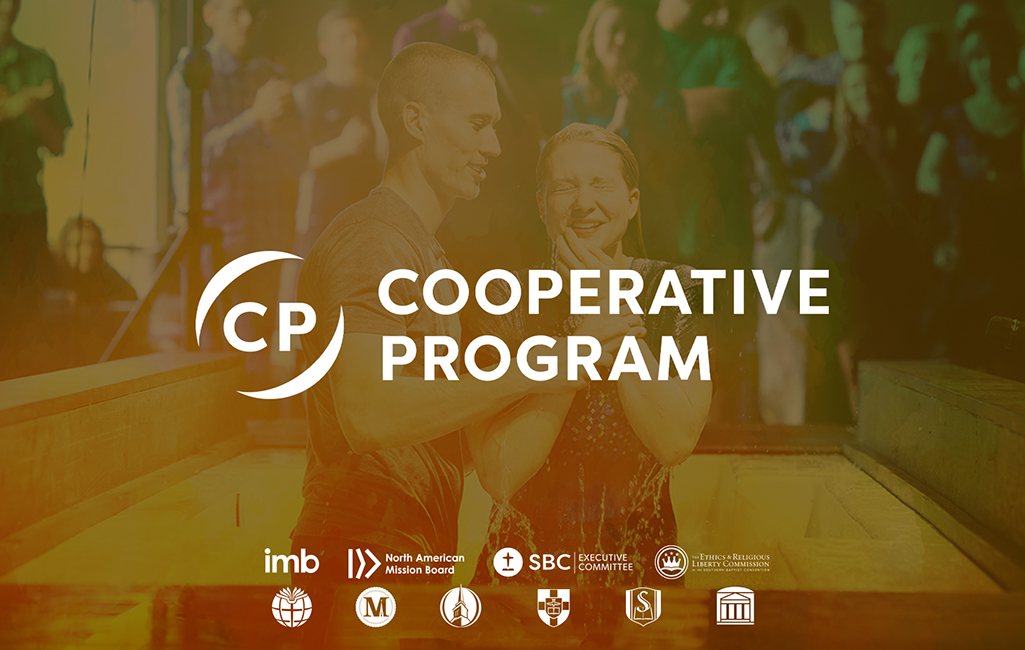Tennessee’s governor and legislature have approved a grant that will enable the Southern Baptist Ethics & Religious Liberty Commission (ERLC) to place seven ultrasound machines at pregnancy resource centers in the state.
Gov. Bill Lee signed into law May 17 a $42.6 billion budget for the 2021-22 fiscal year that includes $182,900 for the Psalm 139 Project, the ERLC’s ministry to help provide ultrasound technology to pro-life pregnancy centers.
The grant calls for the Psalm 139 Project to identify pregnancy centers for the ultrasound machines and to place machines at those locations. Private gifts to the Psalm 139 Project will fund the training of staff members to use the technology at those centers.
Including the seven placements made possible by the state grant, the ERLC expects to place between 20 and 25 machines in Tennessee and beyond during 2021, which would be a record annual total for the project, which began in 2004. The ERLC announced last December it would donate 10 ultrasound machines to centers in the next six months through the Psalm 139 Project. Since 2004, the Psalm 139 Project, which is funded by contributions from donors, has helped place ultrasound equipment for centers in 16 states.
The ERLC “has a long track record of placing life-saving ultrasound machines in centers that serve women and families,” Russell Moore, ERLC president, said in a news release. “We are humbled to be asked to identify clinics across Tennessee with this request and now that Gov. Lee has signed this legislation, we will do just that.”
Elizabeth Graham, the ERLC’s vice president of operations and life initiatives, said Psalm 139 permits the entity “the honor of aiding pregnancy resource centers by securing ultrasound machines and providing training for their staff. For us, as Christians, we do this work because we believe, as the Psalmist writes, that every person is fearfully and wonderfully made and known by God from the very beginning.”
The grant to the Psalm 139 Project was one of several made to non-profit organizations that provide support to individuals including women considering abortion, victims of human trafficking, children in the foster-care system and vulnerable families. In a news release, Lee’s office said the budget, which takes effect July 1, contains “strategic investments in public-private partnerships, non-profit organizations, and external partners to support Tennesseans’ top priorities without growing government.”
Other non-profits that received grants in Tennessee’s budget included the pro-life outreach Human Coalition ($3 million); the anti-trafficking groups End Slavery Tennessee ($3.5 million), Her Song ($1.2 million) and Tennessee Anti-slavery Alliance ($600,000); and the pro-family, pro-child organizations Agape Child and Family Services ($500,000), Families Free Inc. ($250,000) and Isaiah 117 House ($50,000).
The grants to nonprofits were part of the administration amendment Lee offered to the budget, which was approved by the General Assembly with its addition.
Ultrasound technology has proven to be a vital tool for pregnancy resource centers in their ministry to women. The sonogram images of their unborn children have helped many women choose to give birth.
Two new ultrasound machines provided through the Psalm 139 Project were dedicated May 6 at Hope Resource Center in Knoxville, Tenn.
Andrew Wood, the executive director of the Hope Resource Center, said the organization is honored to be a partner with the ERLC.
“These two machines will allow us to better serve our patients as we provide expert medical care in their time of need,” Wood said in an ERLC news release. “[T]his partnership is a testament to our work, our longevity, and the willingness of our partners to continue to step up and make HOPE a reality for thousands of women.”
The plans for 2021 placements mark a dramatic increase in the number of machines typically installed through Psalm 139. The most machines previously placed through Psalm 139 in a year was five, and the annual number often has been one or two. According to the ERLC, the ability to place 10 machines in six months was made possible by a commitment from an individual donor who desires to remain anonymous.
Last year, the Psalm 139 Project provided machines for centers in Las Cruces, N.M.; Tallahassee, Fla.; and Rock Hill, S.C.
In the last 17 years, the ministry has helped place ultrasound equipment at centers in Alabama, Arizona, Arkansas, Colorado, Florida, Indiana, Louisiana, Maryland, Mississippi, Missouri, New Mexico, North Carolina, Ohio, South Carolina, Tennessee and Texas.
The ERLC has partnered with Focus on the Family’s Option Ultrasound Program on several of the machine placements since 2004.
All gifts to the Psalm 139 Project go toward machines and training, since the ERLC’s administrative costs are covered by the Cooperative Program, the SBC’s unified giving plan. Information on the Psalm 139 Project and how to donate is available at psalm139project.org.
The initiative’s name comes from the well-known chapter in the Bible in which David testifies to God’s sovereign care for him when he was an unborn child. David wrote in verse 13 of that psalm, “[Y]ou knit me together in my mother’s womb.”
(EDITOR’S NOTE – Tom Strode is Washington bureau chief for Baptist Press.)


